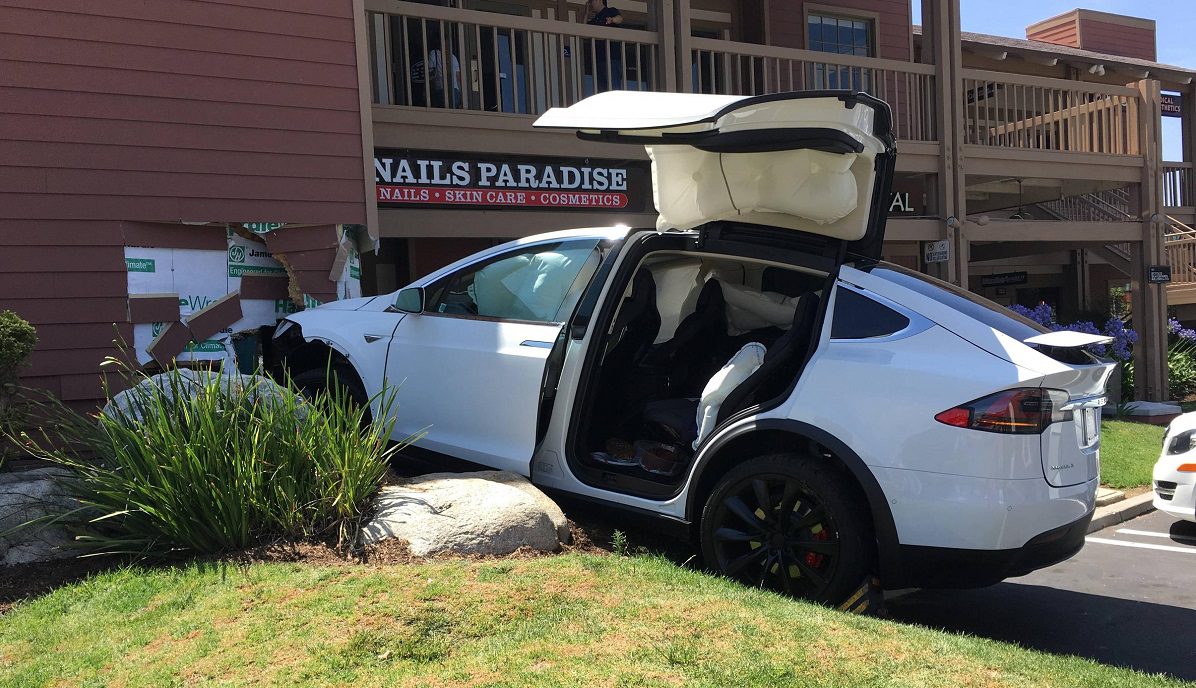Tesla goes on the attack against "Unintended Acceleration" troll
2 min. read
Published on
Read our disclosure page to find out how can you help MSPoweruser sustain the editorial team Read more

In a blog post which does not mince words, Tesla has gone on the attack against a plot by short-seller Brian Sparks, who has filed a petition to the National Highway Traffic and Safety Administration claiming there have been 127 consumer complaints of alleged unintended acceleration of Tesla electric vehicles that may have contributed to or caused 110 crashes and 52 injuries.
In the blog post, Telsa made it clear Sparks, the complainant, was a short seller and also vociferously denied that their vehicles were at risk of unintended acceleration, noting multiple safeguards and the presence of logging.
Telsa said:
While accidents caused by a mistaken press of the accelerator pedal have been alleged for nearly every make/model of vehicle on the road, the accelerator pedals in Model S, X and 3 vehicles have two independent position sensors, and if there is any error, the system defaults to cut off motor torque. Likewise, applying the brake pedal simultaneously with the accelerator pedal will override the accelerator pedal input and cut off motor torque, and regardless of the torque, sustained braking will stop the car. Unique to Tesla, we also use the Autopilot sensor suite to help distinguish potential pedal misapplications and cut torque to mitigate or prevent accidents when we’re confident the driver’s input was unintentional. Each system is independent and records data, so we can examine exactly what happened.
Tesla said they worked closely with the NHTSA and every crash was investigated by the company.
Putting the blame firmly back on the driver, Telsa’s bottom line was:
In other words, the car accelerates if, and only if, the driver told it to do so, and it slows or stops when the driver applies the brake.
Read their full response here.
Via TechCrunch








